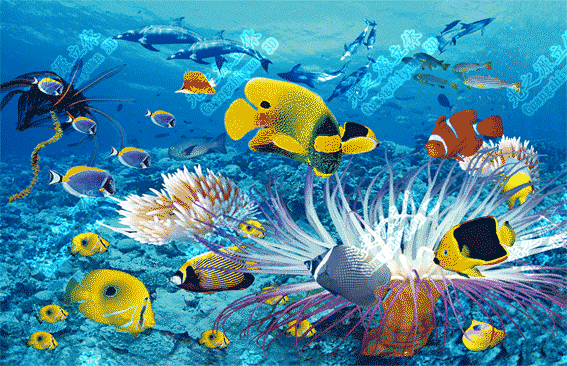Soft 3D Lenticular Stickers: The Next Level of Customization and Appeal

In the world of eye-catching promotional products, soft 3D lenticular sticker are quickly gaining popularity for their unique ability to blend creativity with functionality. These stickers offer an innovative twist on traditional designs, turning a simple sticker into a dynamic, interactive experience that captures attention and sparks curiosity. What are Soft 3D Lenticular Stickers? Soft 3D lenticular sticker uses a special lenticular lens technology to create the illusion of depth, movement, or transformation. Unlike flat, static stickers, these offer a "soft" 3D effect that gives the design a life-like, animated quality. When you move the sticker, the image shifts or changes, offering a visually dynamic experience that flat designs simply can’t match. These stickers are usually made from flexible materials, making them durable yet soft to the touch. This combination of texture and visual effects makes the soft 3D lenticular sticker perfect for both personal use and commer...










